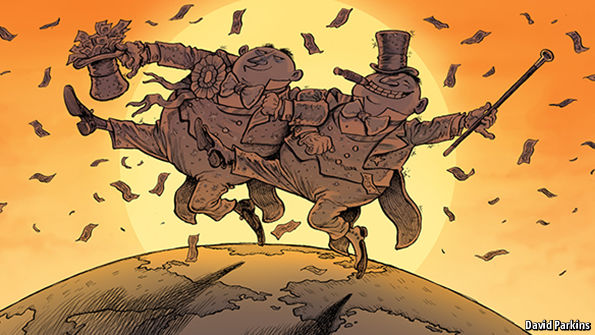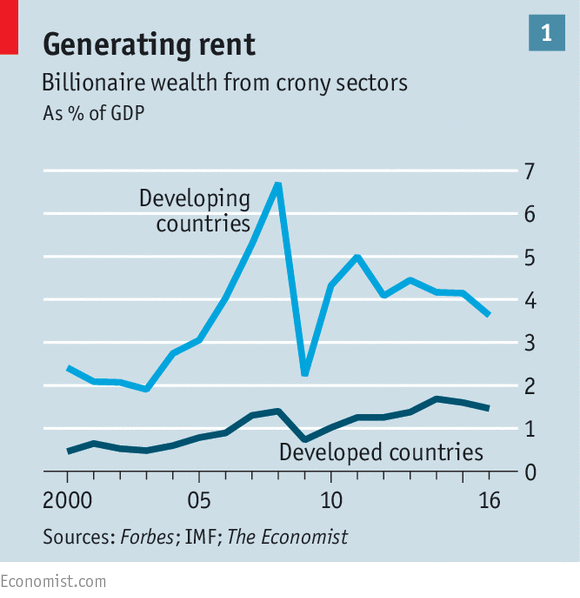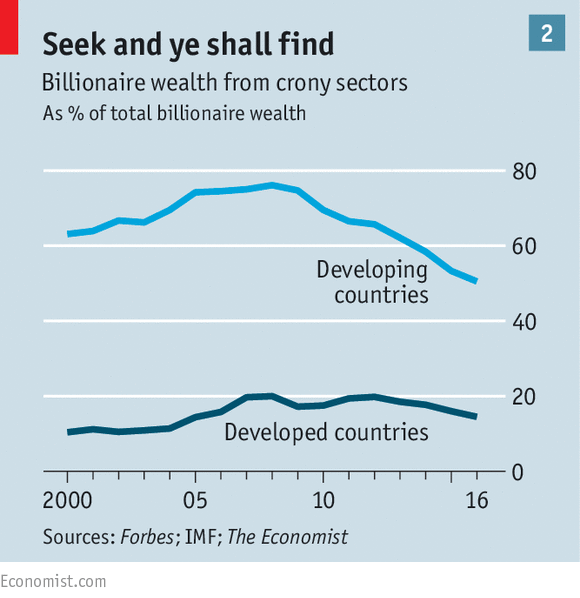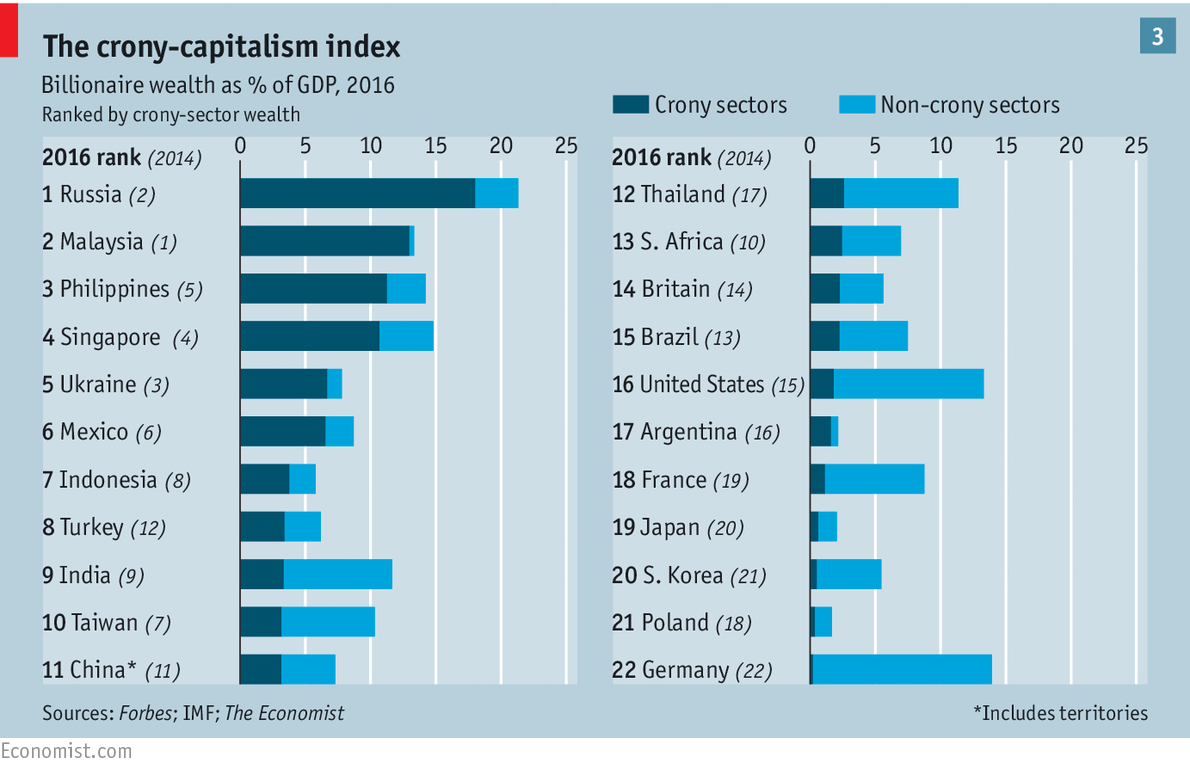- Travis Bradberry, Forbes
There’s an enormous amount of research suggesting that emotional intelligence (EQ) is critical to your performance at work. TalentSmart has tested the EQ of more than a million people and found that it explains 58% of success in all types of jobs.
People with
high EQs make $29,000 more annually than people with low EQs. Ninety percent of
top performers have high EQs, and a single-point increase in your EQ adds
$1,300 to your salary. I could go on and on.
Suffice it to
say, emotional intelligence is a powerful way to focus your energy in one
direction with tremendous results.
But there’s a
catch. Emotional intelligence won’t do a thing for you if you aren’t genuine.
A recent
study from the Foster School of Business at the University of Washington found
that people don’t accept demonstrations of emotional intelligence at face
value. They’re too skeptical for that. They don’t just want to see signs of
emotional intelligence. They want to know that it’s genuine—that your emotions
are authentic.
According to
lead researcher Christina Fong, when it comes to your coworkers,
“They are not
just mindless automatons. They think about the emotions they see and care
whether they are sincere or manipulative.”
The same
study found that sincere leaders are far more effective at motivating people
because they inspire trust and admiration through their actions, not just their
words. Many leaders say that authenticity is important to them, but genuine
leaders walk their talk every day.
It’s not
enough to just go through the motions, trying to demonstrate qualities that are
associated with emotional intelligence. You have to be genuine.
You can do a
gut check to find out how genuine you are by comparing your own behavior to
that of people who are highly genuine. Consider the hallmarks of genuine people
and see how you stack up.
“Authenticity
requires a certain measure of vulnerability, transparency, and integrity.”
–Janet Louise
Stephenson
1. Genuine
people don’t try to make people like them. Genuine people are who they are.
They know that some people will like them, and some won’t. And they’re OK with
that. It’s not that they don’t care whether or not other people will like them
but simply that they’re not going to let that get in the way of doing the right
thing. They’re willing to make unpopular decisions and to take unpopular
positions if that’s what needs to be done.
Since genuine
people aren’t desperate for attention, they don’t try to show off. They know
that when they speak in a friendly, confident, and concise manner, people are
much more attentive to and interested in what they have to say than if they try
to show that they’re important. People catch on to your attitude quickly and
are more attracted to the right attitude than what or how many people you know.
2. They don’t
pass judgment. Genuine people are open-minded, which makes them approachable
and interesting to others. No one wants to have a conversation with someone who
has already formed an opinion and is not willing to listen.
Having an
open mind is crucial in the workplace, as approachability means access to new
ideas and help. To eliminate preconceived notions and judgment, you need to see
the world through other people’s eyes. This doesn’t require you to believe what
they believe or condone their behavior; it simply means you quit passing
judgment long enough to truly understand what makes them tick. Only then can
you let them be who they are.
3. They forge
their own paths. Genuine people don’t derive their sense of pleasure and
satisfaction from the opinions of others. This frees them up to follow their
own internal compasses. They know who they are and don’t pretend to be anything
else. Their direction comes from within, from their own principles and values.
They do what they believe to be the right thing, and they’re not swayed by the
fact that somebody might not like it.
4. They are
generous. We’ve all worked with people who constantly hold something back,
whether it’s knowledge or resources. They act as if they’re afraid you’ll
outshine them if they give you access to everything you need to do your job.
Genuine people are unfailingly generous with whom they know, what they know,
and the resources they have access to. They want you to do well more than
anything else because they’re team players and they’re confident enough to
never worry that your success might make them look bad. In fact, they believe
that your success is their success.
5. They treat
everyone with respect.Whether interacting with their biggest clients or servers
taking their drink orders, genuine people are unfailingly polite and
respectful. They understand that no matter how nice they are to the people they
have lunch with, it’s all for naught if those people witnesses them behaving
badly toward others. Genuine people treat everyone with respect because they
believe they’re no better than anyone else.
6. They aren’t
motivated by material things. Genuine people don’t need shiny, fancy stuff in
order to feel good. It’s not that they think it’s wrong to go out and buy the
latest and greatest items to show off their status; they just don’t need to do
this to be happy. Their happiness comes from within, as well as from the
simpler pleasures—such as friends, family, and a sense of purpose—that make
life rich.
7. They are
trustworthy. People gravitate toward those who are genuine because they know
they can trust them. It is difficult to like someone when you don’t know who
they really are and how they really feel. Genuine people mean what they say,
and if they make a commitment, they keep it. You’ll never hear a truly genuine
person say, “Oh, I just said that to make the meeting end faster.” You know
that if they say something, it’s because they believe it to be true.
8. They are
thick-skinned. Genuine people have a strong enough sense of self that they
don’t go around seeing offense that isn’t there. If somebody criticizes one of
their ideas, they don’t treat this as a personal attack. There’s no need for
them to jump to conclusions, feel insulted, and start plotting their revenge.
They’re able to objectively evaluate negative and constructive feedback, accept
what works, put it into practice, and leave the rest of it behind without
developing hard feelings.
9. They put
away their phones. Nothing turns someone off to you like a mid-conversation
text message or even a quick glance at your phone. When genuine people commit
to a conversation, they focus all of their energy on the conversation. You will
find that conversations are more enjoyable and effective when you immerse
yourself in them. When you robotically approach people with small talk and are
tethered to your phone, this puts their brains on autopilot and prevents them
from having any real affinity for you. Genuine people create connection and
find depth even in short, everyday conversations. Their genuine interest in
other people makes it easy for them to ask good questions and relate what
they’re told to other important facets of the speaker’s life.
10. They
aren’t driven by ego. Genuine people don’t make decisions based on their egos
because they don’t need the admiration of others in order to feel good about
themselves. Likewise, they don’t seek the limelight or try to take credit for
other people’s accomplishments. They simply do what needs to be done without
saying, “Hey, look at me!”
11. They
aren’t hypocrites. Genuine people practice what they preach. They don’t tell
you to do one thing and then do the opposite themselves. That’s largely due to
their self-awareness. Many hypocrites don’t even recognize their mistakes.
They’re blind to their own weaknesses. Genuine people, on the other hand, fix
their own problems first.
12. They
don’t brag. We’ve all worked with people who can’t stop talking about
themselves and their accomplishments. Have you ever wondered why? They boast
and brag because they’re insecure and worried that if they don’t point out
their accomplishments, no one will notice. Genuine people don’t need to brag.
They’re confident in their accomplishments, but they also realize that when you
truly do something that matters, it stands on its own merits, regardless of how
many people notice or appreciate it.
Bringing It
All Together
Genuine
people know who they are. They are confident enough to be comfortable in their
own skin. They are firmly grounded in reality, and they’re truly present in
each moment because they’re not trying to figure out someone else’s agenda or
worrying about their own.
http://www.forbes.com/sites/travisbradberry/2016/05/10/12-habits-of-genuine-people/



